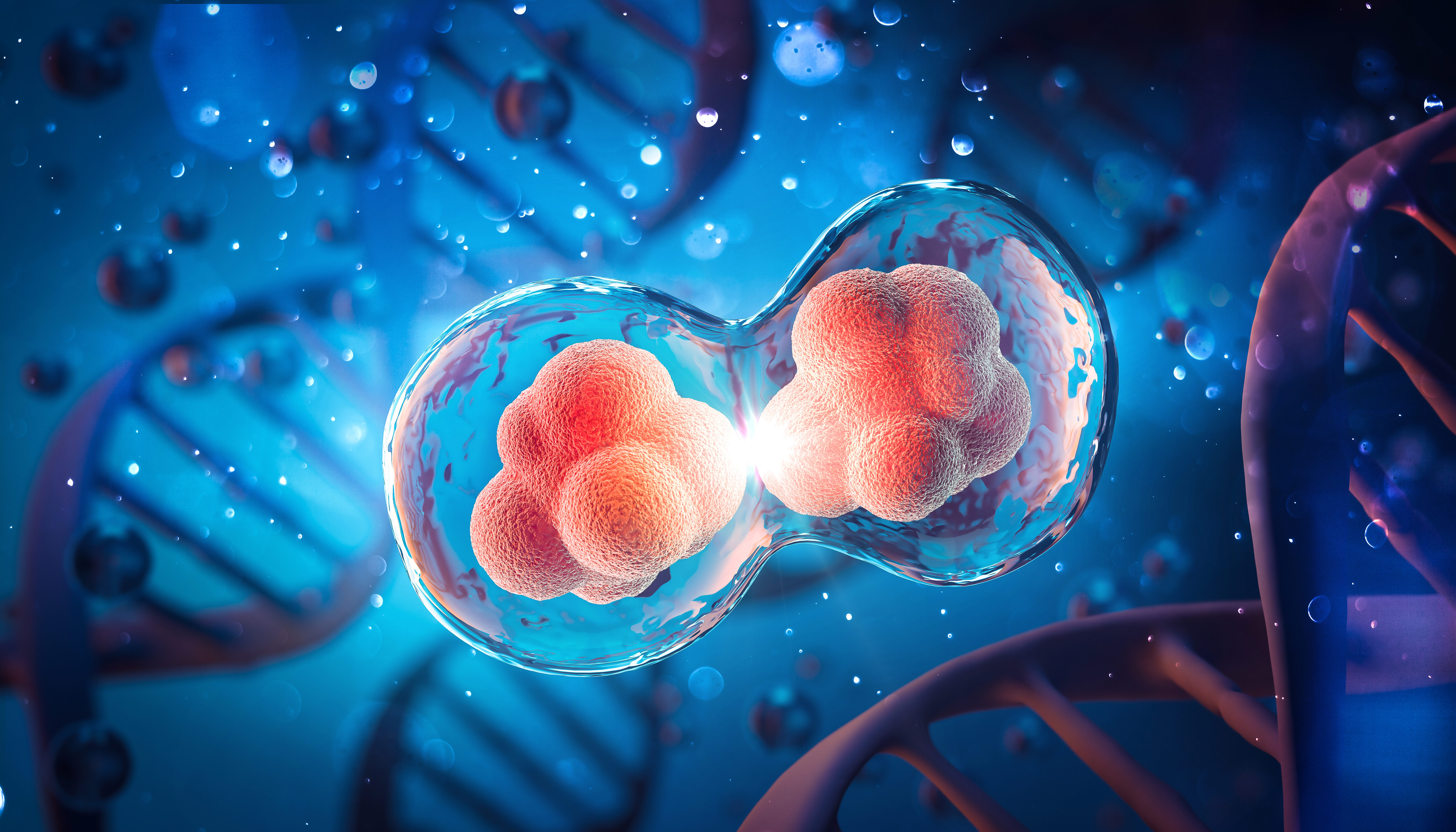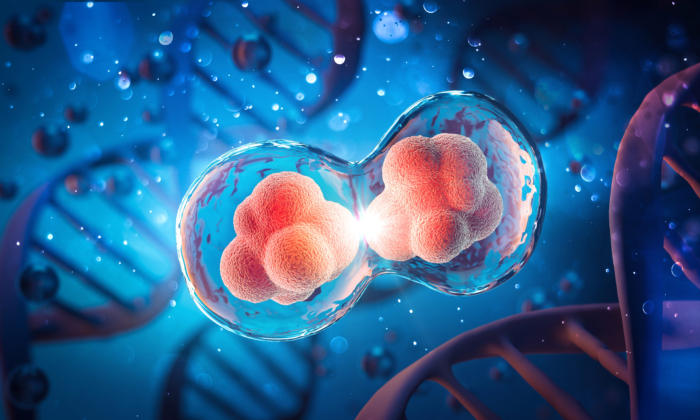
A new study challenges the belief that mechanical damage to the cell membrane only results in cell recovery or death. Researchers have discovered a third outcome: cell aging.
Keiko Kono envisions a future where people remain healthy until their last day. Her recent research, which highlights how cell membrane damage contributes to cell aging, could be a breakthrough for scientists worldwide.
Unlike cancer cells, normal cells have a limited capacity for division before entering a state of senescence. Senescent cells remain metabolically active but produce proteins that can impact surrounding tissues and organs.
The study also explores the use of artificial intelligence (AI) in identifying senescent cells and potential therapies targeting cell aging.
Ms. Kono believes that advancements in aging research could lead to the development of drugs that promote healthy longevity. By focusing on preventing mechanical damage to cells, researchers aim to slow down the aging process and improve overall health.
Slowing Cell Aging
Ms. Kono is optimistic about the future of aging research, anticipating significant progress in the next decade. While humans will still experience mortality, the goal is to enhance quality of life by preventing age-related diseases and promoting healthy aging.






